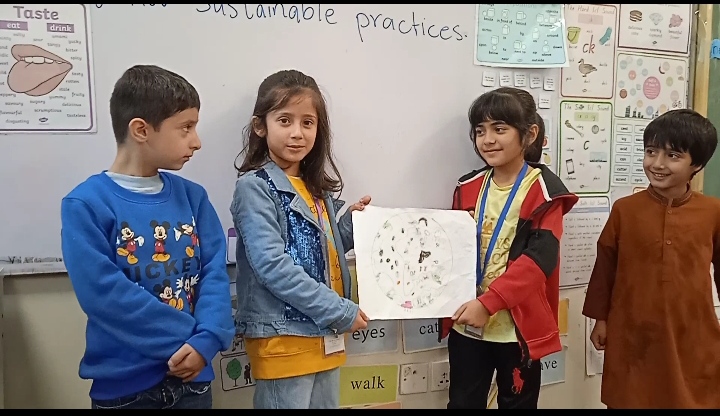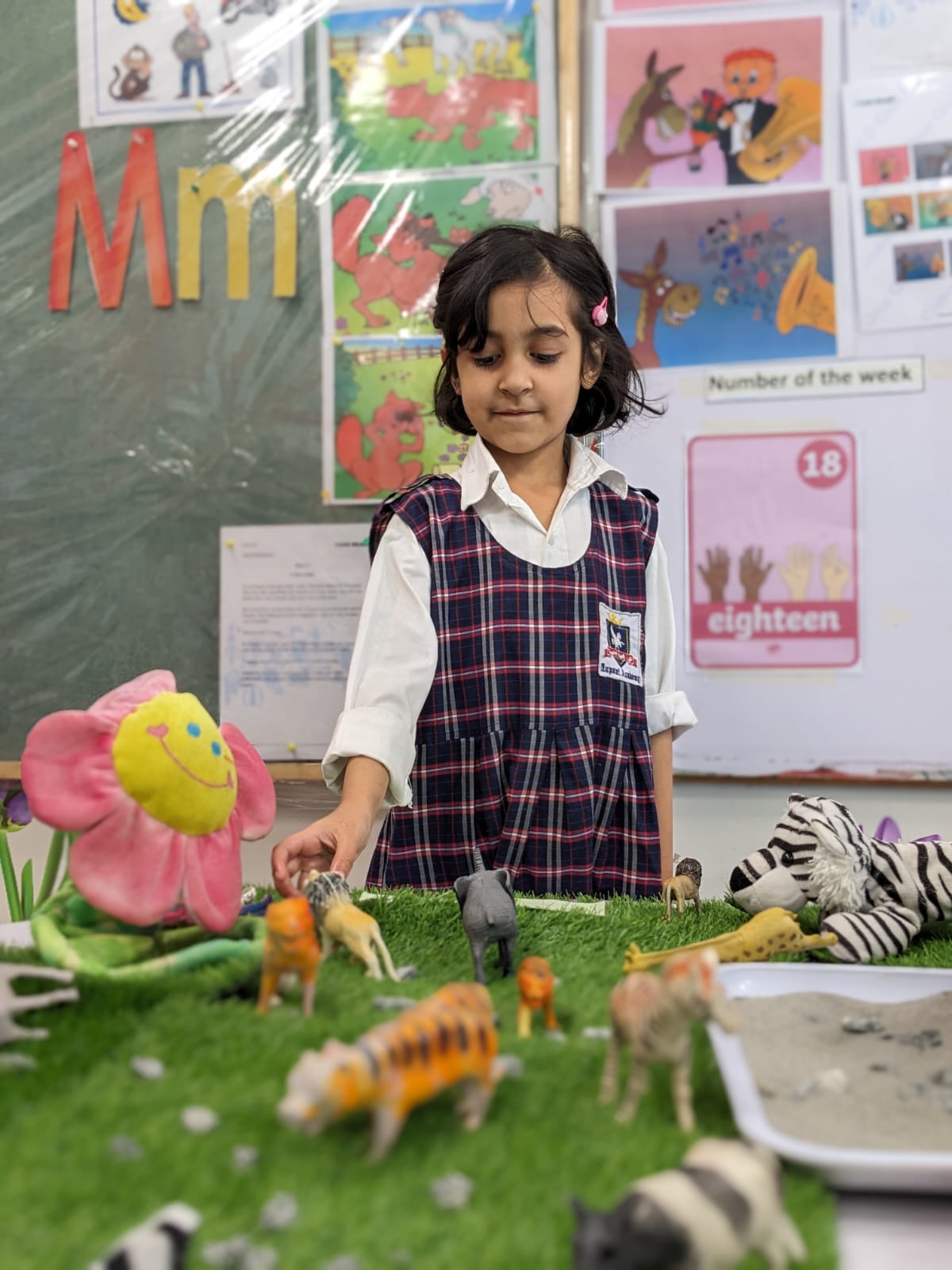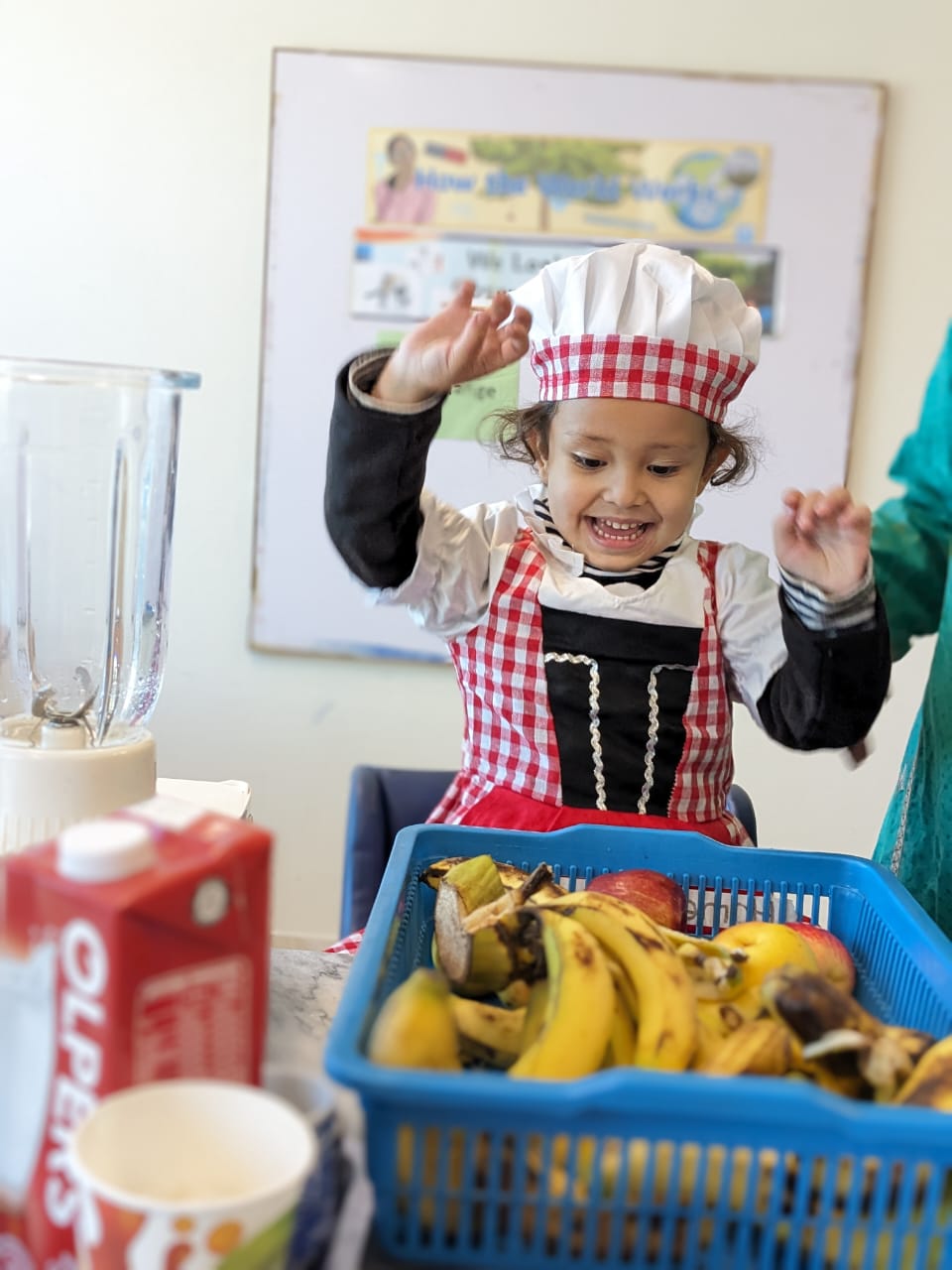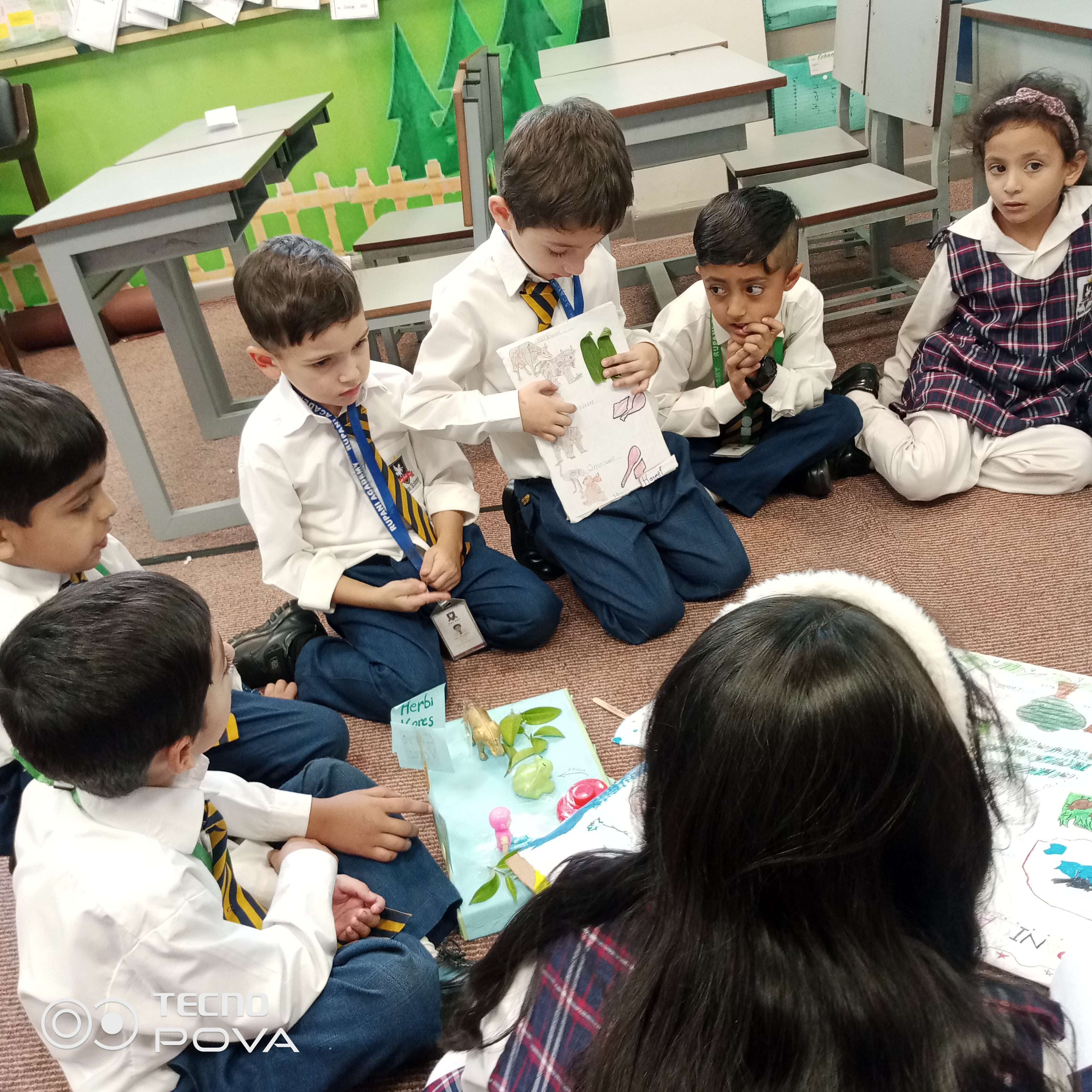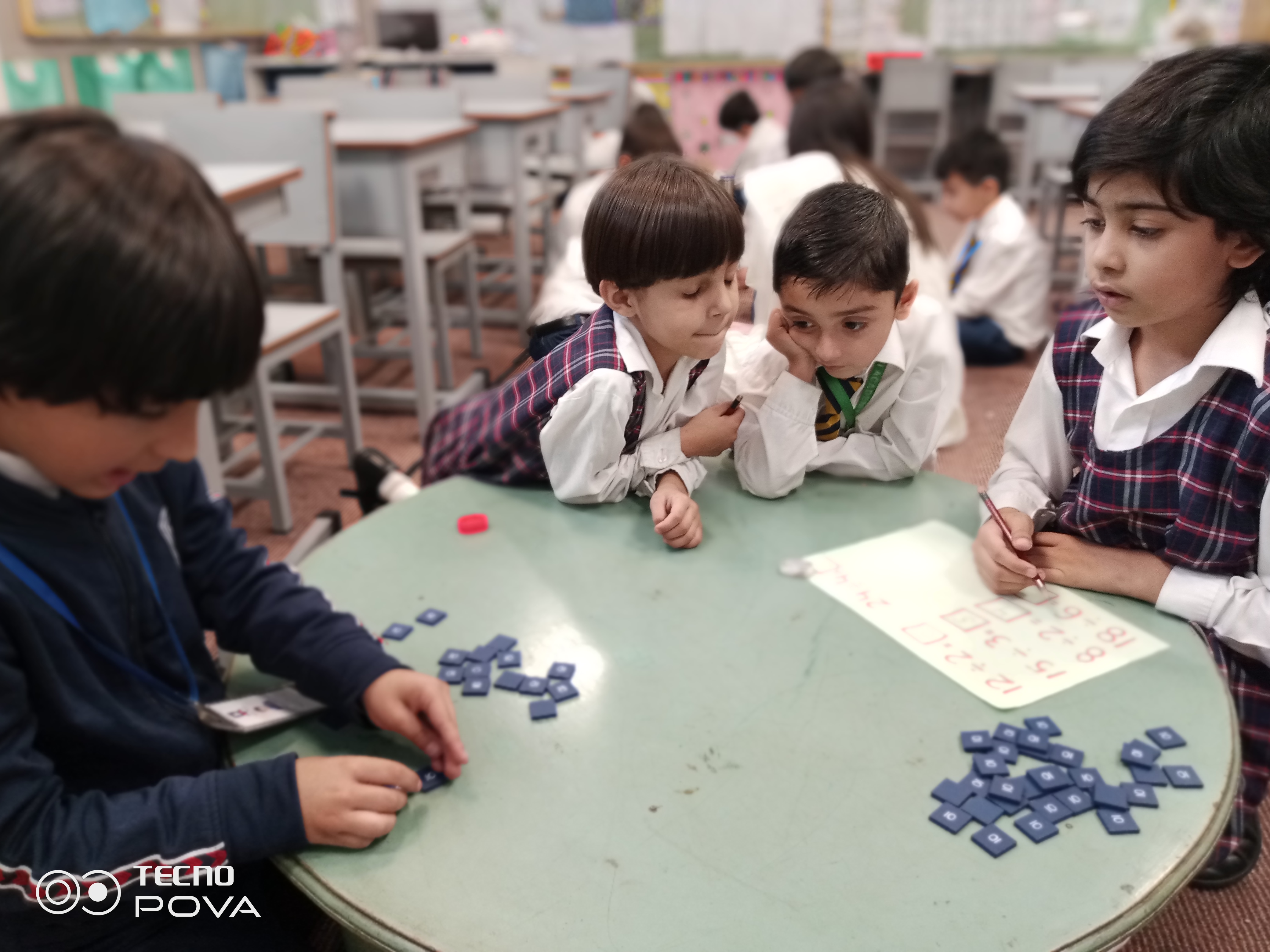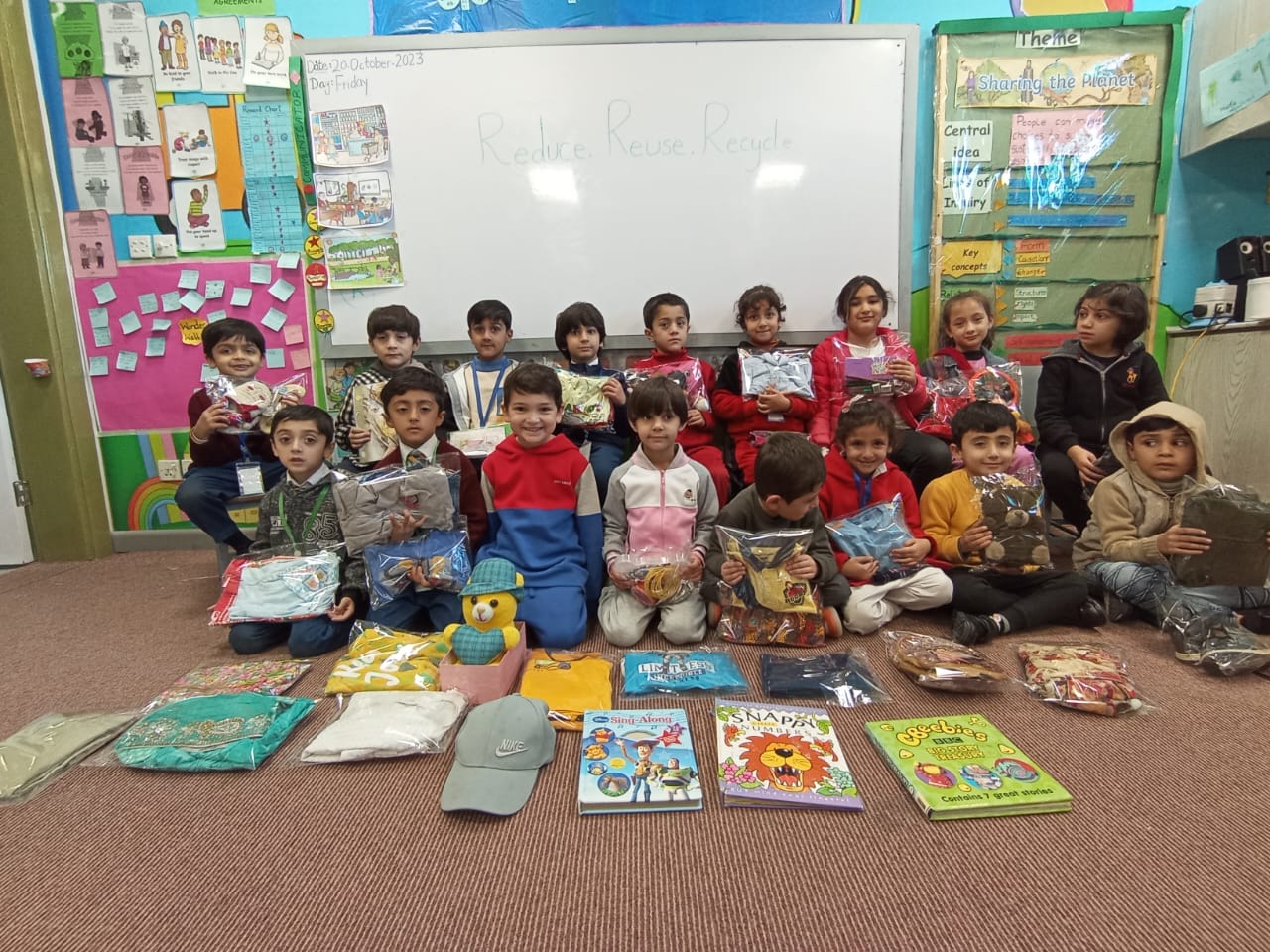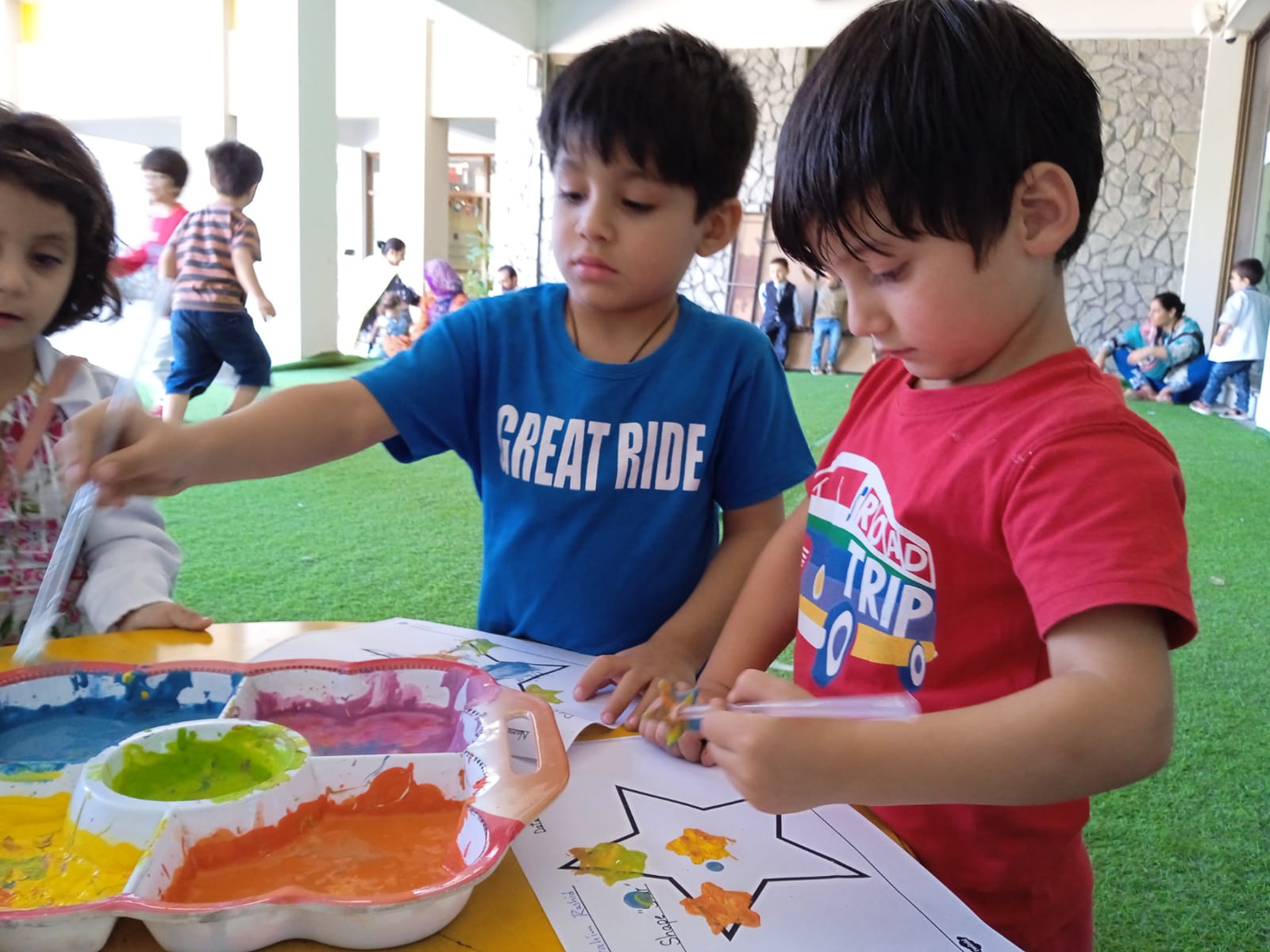PYP PROGRAMME
Rupani Academy offers the International Baccalaureate (IB) Primary Years Programme (PYP) to all primary year students, aged 3-5 (Early years) and 6-10 (Primary years). Our goal is to prepare students to become active and compassionate lifelong learners. We encourage reverence for the local community, respect for diverse communities, and the ability to contribute globally. The PYP focuses on the holistic growth of the child as an inquirer by using a transdisciplinary learning approach that goes beyond the boundaries of the classroom.
PYP Leaner’s profile
The International Baccalaureate (IB) Primary Year Programme (PYP) stress on learner agency as the center of their learning approach and strive to build students to become;
⦁ Inquirer
⦁ Knowledgeable
⦁ Thinker
⦁ Communicator
⦁ Principled
⦁ Open-minded
⦁ Caring
⦁ Courageous
⦁ Balanced
⦁ Reflective
PYP Transdisciplinary Themes
The IB curriculum transcends the boundaries of disciplines and integrates real-life inquiries in the PYP. Collaboratively develop the program of inquiry for the whole year, FOUR units for 3-5 years (Prep I, II, and Prep III), and SIX units for Grades I through V.
The following are the SIX IB premeditated PYP Transdisciplinary themes
Who we are
An inquiry into the nature of the self; beliefs and values; personal, physical, mental, social and spiritual health; human relationships including families, friends, communities and cultures; rights and responsibilities; what it means to be human.
How we express ourselves
An inquiry into the ways in which we discover and express ideas, feelings, nature, culture, beliefs and values; the ways in which we reflect on, extend and enjoy our creativity; our appreciation of the aesthetic.
How the world works
An inquiry into the natural world and its laws; the interaction between the natural world (physical and biological) and human societies; how humans use our understanding of scientific principles; the impact of scientific and technological advances on society and on the environment.
Where we are in place and time
An inquiry into orientation in place and time; personal histories; homes and journeys; the discoveries, explorations and migrations of humankind; the relationships between and the interconnectedness of individuals and civilizations, from local and global perspectives
How we organize ourselves
An inquiry into the interconnectedness of human-made systems and communities; the structure and function of organizations; societal decision-making; economic activities and our impact on humankind and the environment.
Sharing the planet
An inquiry into the rights and responsibilities in the struggle to share finite resources with other people and with other living things; communities and the relationships within and between them; access to equal opportunities; peace and conflict resolution.
PYP Subjects
⦁ Principled
⦁ Mathematics
⦁ Social Studies
⦁ Science
⦁ Arts (Visual Arts, Music, Drama)
⦁ Personal, Social, and Physical Education (PSPE)
PYP Concepts
The curriculum includes essential concepts that help students explore the transdisciplinary themes. These seven interconnected concepts along with extend related key concepts guide students' learning and understanding, allowing them to build upon their prior experiences and engage in hands-on experiments in each unit. Through this process, students are able to explore, organize, and communicate their ideas and concepts.
The key concepts of PYP are;
⦁ Form (What is it like?)
⦁ Function (How does it work?)
⦁ Causation (Why is it the way it is?)
⦁ Change (How is it changing?)
⦁ Connection (How is it connected to other things?)
⦁ Perspective (What are the points of view?)
⦁ Responsibility (What is our responsibility?)
Approaches To Learning

Thinking
Skills

Social
Skills

Communication
Skills

Self-Management
Skills

Research
Skills
Action and Service
The PYP encourages students to take action based on their learning and understanding of local and global issues. This may involve service learning projects, advocacy initiatives, or other forms of action that contribute to positive change in their communities and beyond.
⦁ Participation
⦁ Advocacy
⦁ Social Justice
⦁ Entrepreneurship
⦁ Lifestyle
PYP Assessment
Assessment in the PYP is ongoing and focuses on the development of conceptual understanding, skills, and attitudes. Assessment strategies may include observation, documentation, self-assessment, peer assessment, and teacher feedback
⦁ What to assess: Assessment of knowledge, skills, and conceptual understanding
⦁ How to assess: Assessment tools and strategies to monitor, document, and measure learning
⦁ Why to assess: To inform learning and teaching
PYP Exhibition
The PYP Exhibition is a culminating, transdisciplinary inquiry project that takes place in the final year of the programme (typically Grade 5). It provides students with an opportunity to demonstrate the attributes of the IB learner profile and showcase their learning from the PYP. Students choose a topic of personal interest related to one of the transdisciplinary themes and engage in a collaborative inquiry process that involves research, investigation, reflection, and action. The Exhibition encourages students to take ownership of their learning, develop communication and presentation skills, and make connections between their learning and the real world.
Gallery
